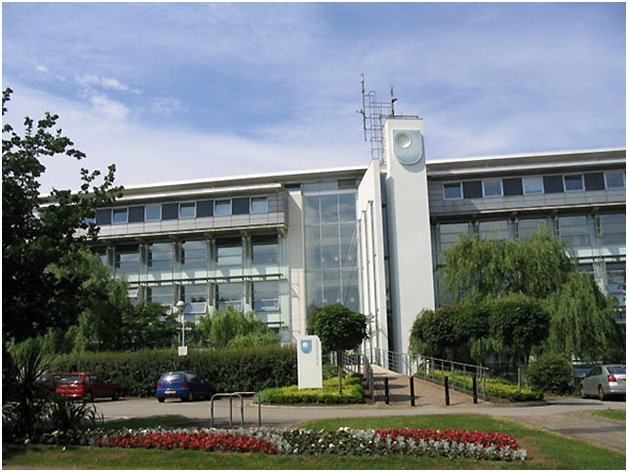
Four Bachelor degrees offered by the Open University
The Open University is an open and public distance learning and research university. It is one of the biggest universities in the UK for undergraduate studies. Given its online characteristic, courses can be taken off-campus and even from anywhere around the world.
Four bachelor degrees offered by the Open University are:
Bachelor of Arts (BA)
The Bachelor of Arts includes Arts and Humanities and Music, as well as other disciplines. It includes the study of arts from different historical perspectives. Courses here include art history, classical studies, creative writing, English language, English literature, history, modern languages, music, philosophy, and religious studies.
Another route of the BA includes poetry, string quartets, sculpture, short stories, and much more. This branch allows the student to approach arts from an academic perspective.
Bachelor of Science (BSc)
The Bachelor of Science has Engineering as a branch. It includes all its branches, including mathematics, technology, engineering, and mathematics.
Bachelor of Laws (LLB)
Not only is Laws a good career choice if you want to exercise Laws professionally. It also opens doors to many other areas. The Bachelor of Laws is among the most popular in the UK. This degree prepares you to exercise law effectively and to aspire to further studies.
This Bachelor makes you qualified for the Qualifying Law Degree (QLD) in England and Wales. In addition, it covers the seven ‘Foundations of Legal Knowledge’ as required for a QLD.
Bachelor of Engineering (BEng)
The Bachelor of Engineering uses the fundamentals of scientific design in a creative and analytical way to focus on design, energy, environmental technologies, sustainability, and mathematical methods. It emphasizes on the study of mathematics as the key to as successful engineering. This Bachelor also offers the opportunity to work on real-life problems.
The first stage includes the origins, methods, and context of engineering as well as modeling and application. Stage 2 goes deep into design, energy, and sustainability. Stage 3 keeps the focus on electronics, energy, sustainability, environmental technology, and mathematics.